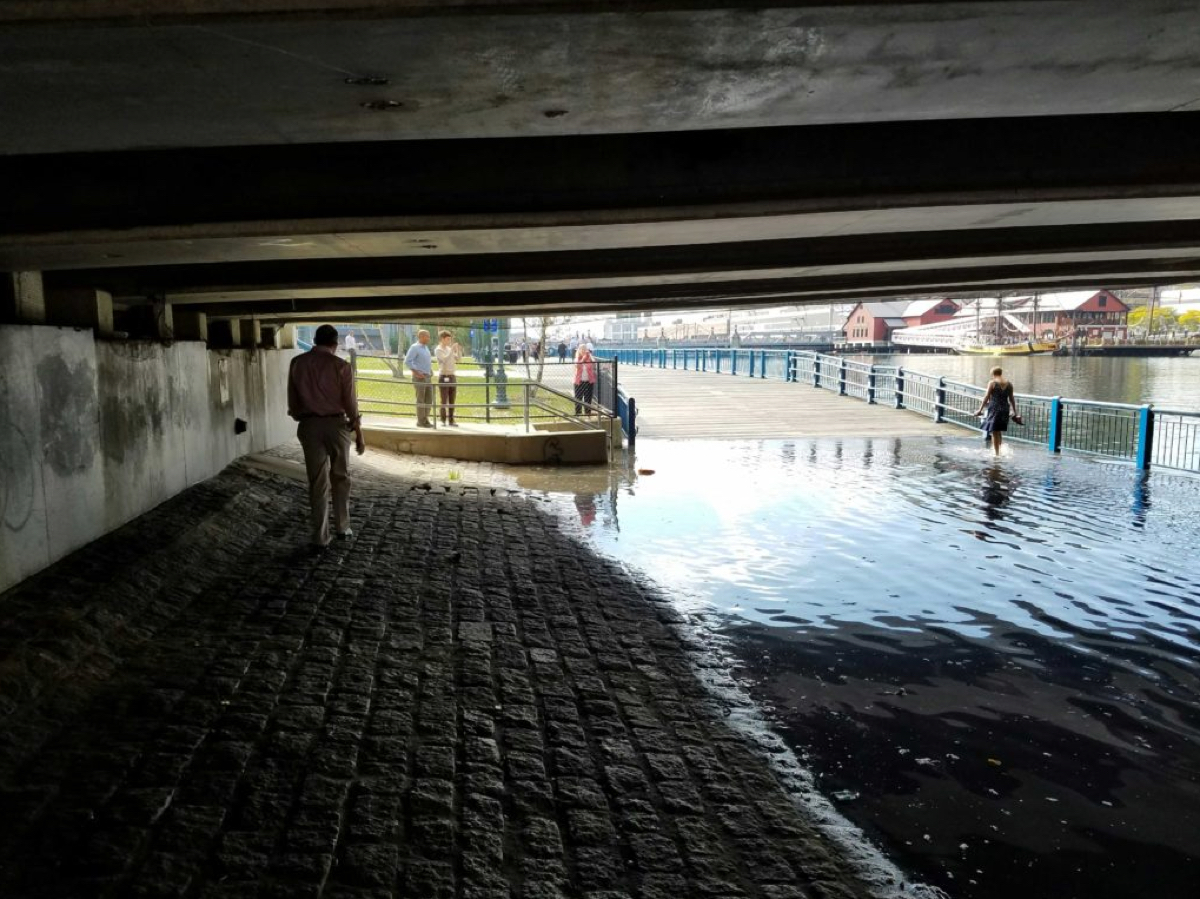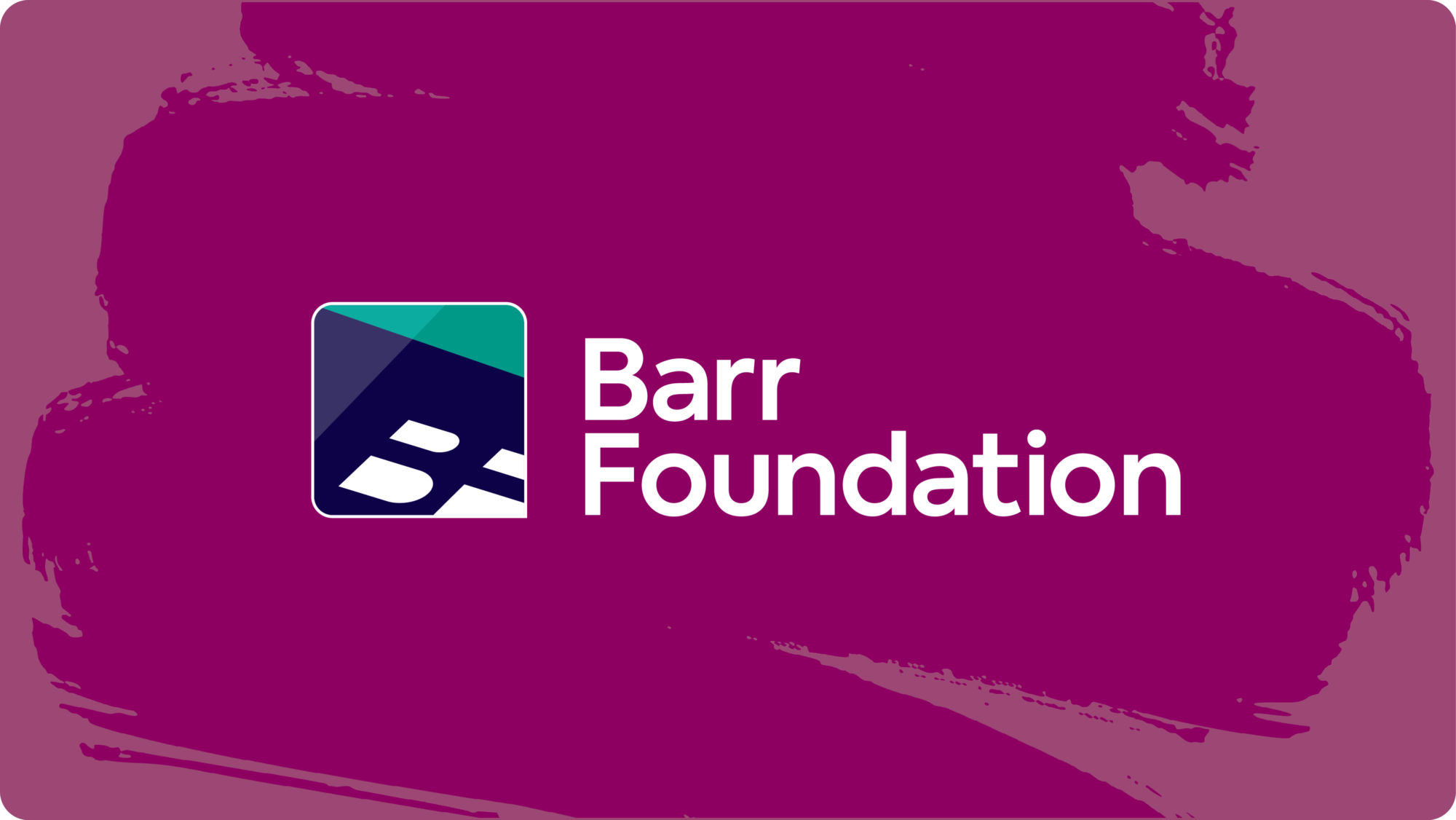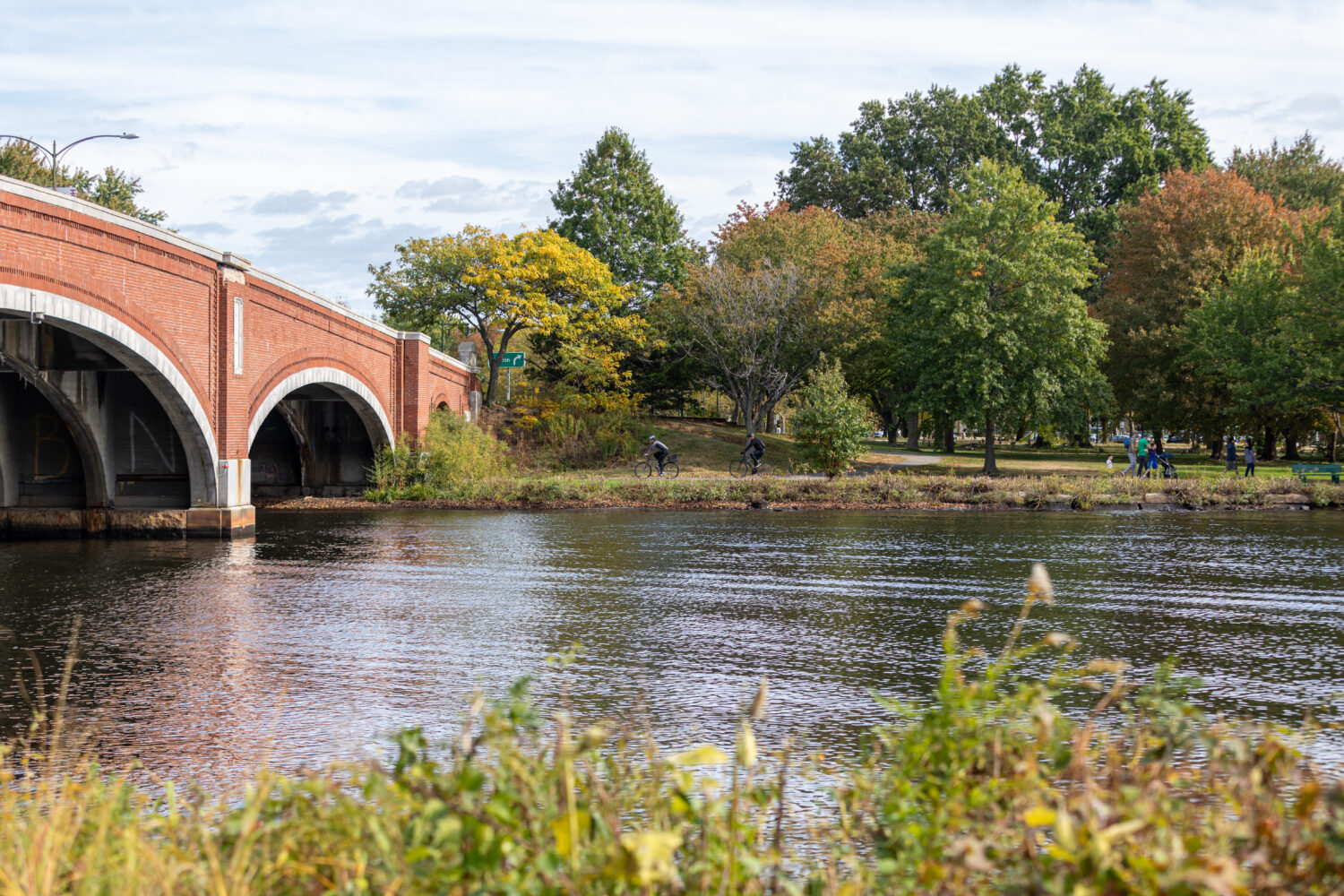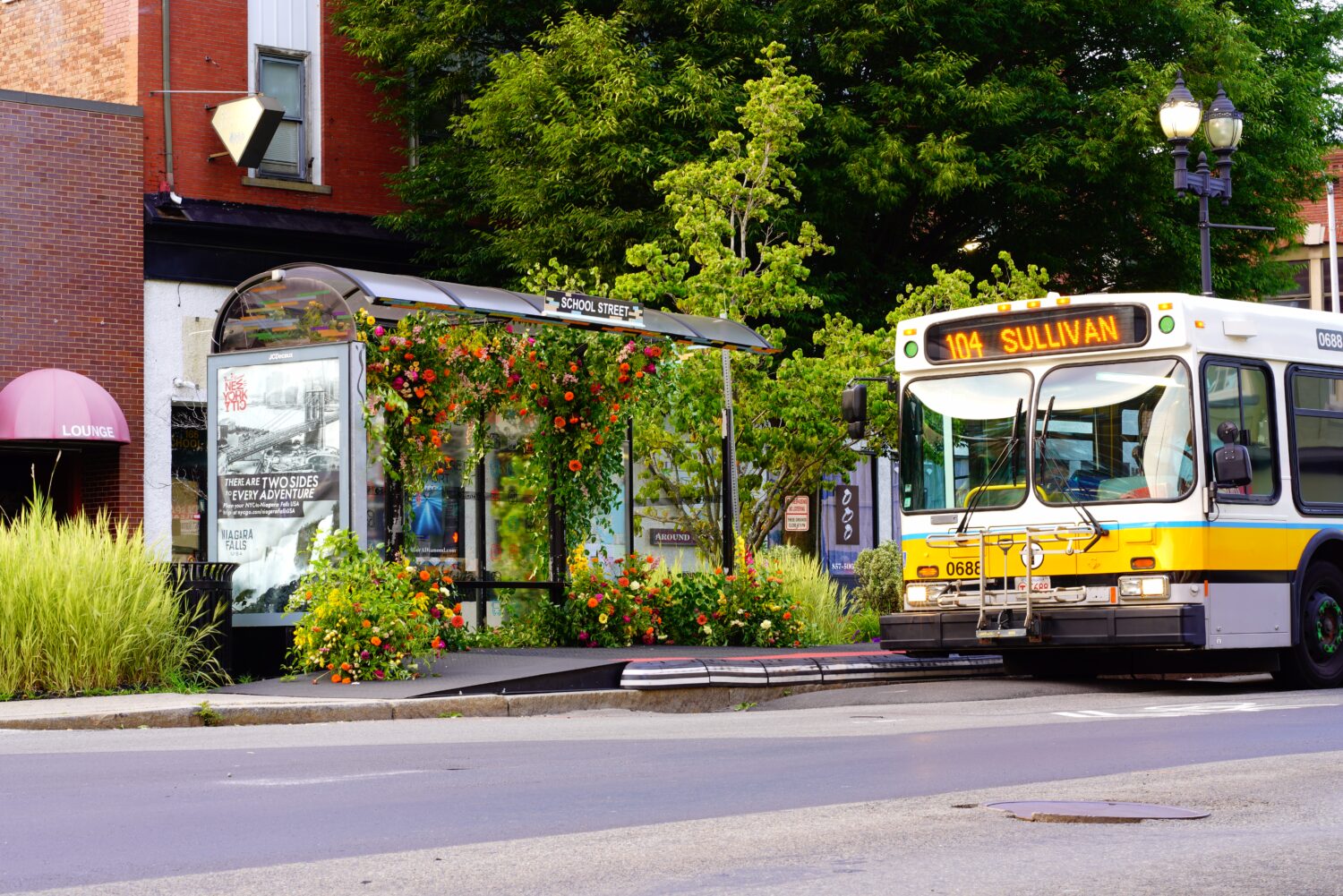Building awareness of climate impacts, risks, and resilience strategies is crucial to accelerating climate resilience work in our region. That is why Barr is excited to partner with the Union of Concerned Scientists (UCS) to support analysis, outreach, and policy education on climate change impacts. UCS’s research can help coastal communities better understand sea level rise and how to prepare for it.Following the recent floods in Boston and hurricanes this past fall, Emily Sidla, Program Associate on the Barr Foundation’s Climate team, sat down to talk with Erika about climate resilience, working with communities, and UCS’s new report.
1. What did the study set out to do?
This national study tries to bring a picture into focus of where and when sea level rise will affect us on the U.S. coasts. We’ve already researched the near term, when small floods related to full moon and king tides will increase steeply. And we’ve looked at the late century, when some places will be permanently underwater with daily high tides. But, we were left with the question of how does this change unfold? We know communities aren’t going to wait until their neighborhoods are flooded on a daily basis to act. We want to offer people an idea of specifically where and when chronic, disruptive flooding will arrive.
2. What was the most surprising finding?
There were many. But we were struck by how many people are living with chronic flooding today and their coping measures. There are places in Maryland where people keep a “salt water car” and a “regular car,” so that during the frequent flooding days, they can drive the junkbox and not ruin their good car. The number of chronically inundated communities expected in just the next couple of decades was a surprise. And the extent of chronic inundation – the land area that would basically become limited use zones – gets big, fast in many communities. I was surprised to learn how much of the Greater Boston area will be chronically inundated later this century. But we need to get started on actual adaptation actions now – I would love to see Boston take the lead on these groundbreaking efforts.
3. Who is the most vulnerable to climate change impacts?
Both wealthy and struggling coastal communities can be highly exposed to flooding. The important distinction is how vulnerable these places are when flooding happens. It’s well-documented that low income and communities of color have a harder time bouncing back to their original footing than wealthier communities. As communities rebuild from extreme events, it’s crucial that we do not settle for simply returning to the status quo of systemic inequity. We need to be building stronger, healthier communities for all.
4. How can communities be proactive?
There’s no simple recipe for building community resilience, but there are things to avoid and basic approaches to pursue. We’ve created a set of adaptation principles, for example, that outline best practices and pitfalls to avoid. For example, we think starting with commitments to sound climate science and equity are key, ensuring that the costs of responding to climate change and the benefits of resilience-building are equitably shared. This also means that groups or communities affected by climate resilience decisions should be directly involved in shaping those decisions.
5. What are the benefits for communities that embrace climate resilience?
Getting out ahead of this problem is the biggest benefit. We hope coastal communities will use this information and their time wisely to adapt. The bottom line for coastal communities is that flooding is going to increase in frequency and magnitude, but if you start now, you can be on a path to adapt to 3, 4, 5 feet of sea level rise later this century.
6. The report talks about the need to halt or phase out current policies that increase risk. What does this mean?
So, maladaptive practices are short-sighted things we are doing today that maintain or worsen our climate risks, or create altogether new ones. Common examples are when municipalities allow building permits in flood-prone areas or when sea level rise disclosure isn’t required in real estate transactions. In many places, maladaptive practices are the law of the land. Rooting out these practices would be a major advance for more resilient communities.
7. Recent floods in Boston and severe hurricanes this past fall are a stark reminder that climate impacts are here. Since some of the communities hit by hurricanes were part of UCS’s report, do you have any new reflections to share?
Extreme events can be terrible accelerators of change. But, if we are ahead of the curve, they can be moments to build back stronger and better – if not always in the same way or even in the precise same place. For example in Texas, the policies don’t exist to support rebuilding in that way. Maybe these events and the reckoning that could come with insurance prices next year will end up mobilizing support for such policies and resources at the federal level. Pre-disaster investment and other resilience building investment save money, not to mention lives.
8. If you had a magic wand, what new actions or policies would you want to see take place in our region?
I’m originally from Salem, Massachusetts and I’ve lived most of my life on the North Shore, and my favorite places are all on the water. I would use my magic wand to give people and nature in these places a chance to keep up with the changes coming our way. To give coastal marshes and other ecosystems the chance to keep up with rising seas. And to give us the vision and commitment to create a resilient region that is changed, by necessity, but in many ways for the better. The good news is that we are truly in a position to do this work well.





